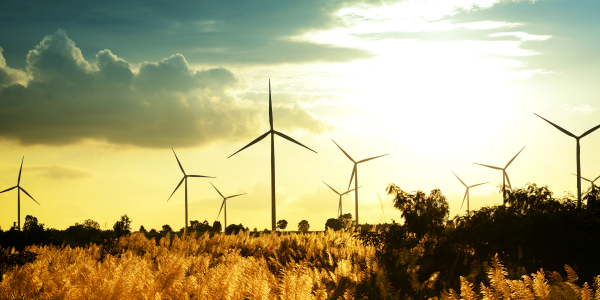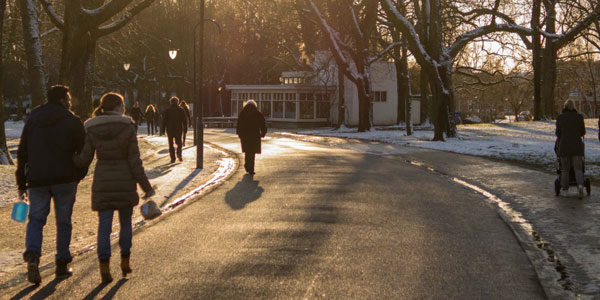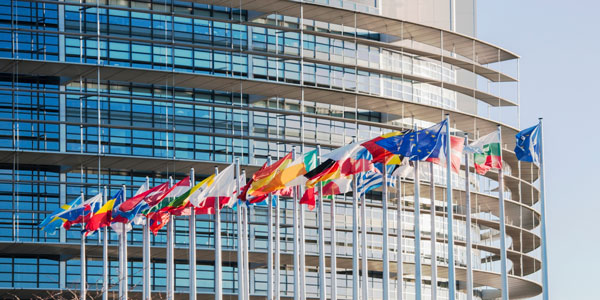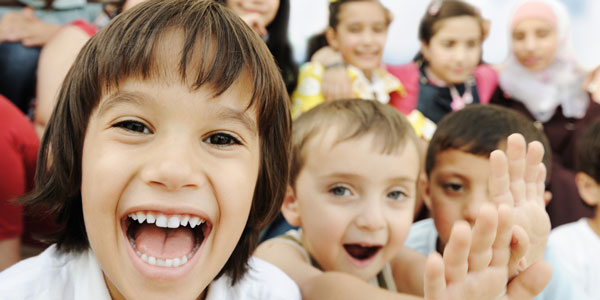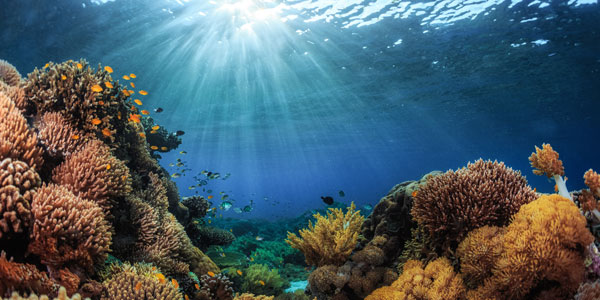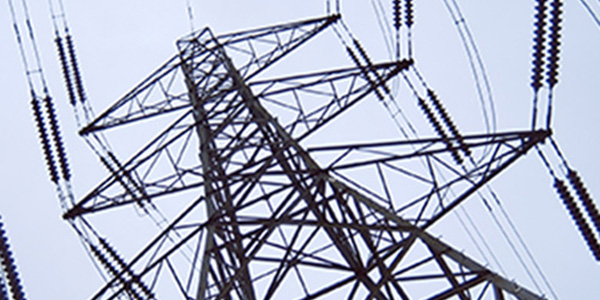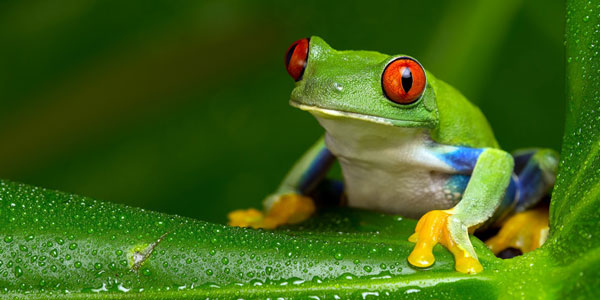
Centre for Sustainable DevelopmentResearch & advising
Inclusive & equitable partnerships for sustainable development
We excel in transdisciplinary approaches to research and knowledge sharing, and work closely with industry, business and the third-sector. We co-create our context-appropriate solutions through equitable and inclusive partnerships, and carefully consider the global interdependencies of economic and social development, and environmental protection.
See some examples of the research and advising work undertaken by staff across the university below.
Case studies
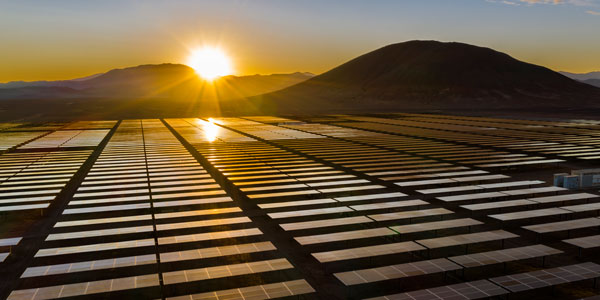
Energy for Development VIP4SD project
Close to one billion people in the world today live without access to electricity. The consequences are far reaching – affecting health, education, living standards and quality of life of many of the world’s poorest and most vulnerable communities.
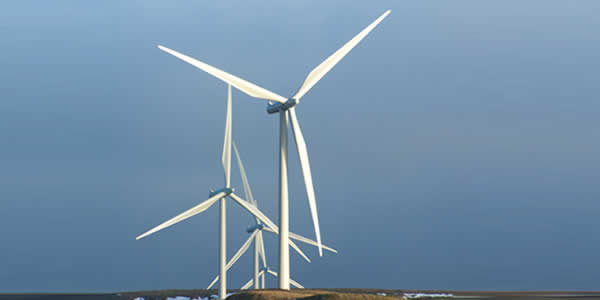
Initial studies towards an innovative Floating Wind-Hydrokinetic Power Station
This project aimed to investigate the concept of a floating hybrid system which combined wind and hydropower generation for river applications, from technical feasibility, economic viability and environmental perspectives.

Vertically Integrated Projects for Sustainable Development
Our Internationally acclaimed and award winning VIP4SD programme comprises a number of multidisciplinary projects working across all four of Strathclyde’s faculties, bringing together students from different levels of study and disciplines to work in partnership with staff on research projects that address the UN Sustainable Development Goals (SDGs)
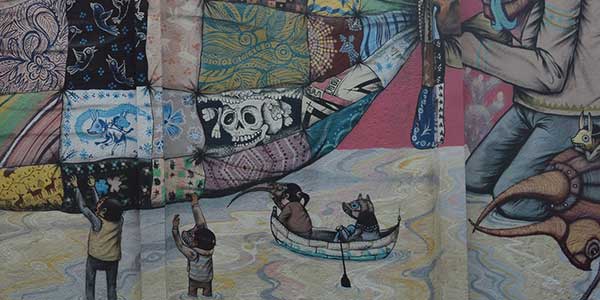
International collaborations at Work, Organisation & Employment
Over the past five years researchers in the Department of Work, Employment & Organisation have been involved in innovative, and often participatory, research addressing key issues of work and employment linked to the Sustainable Development Goals. The research also addresses the issues of power and privilege towards more equitable futures.
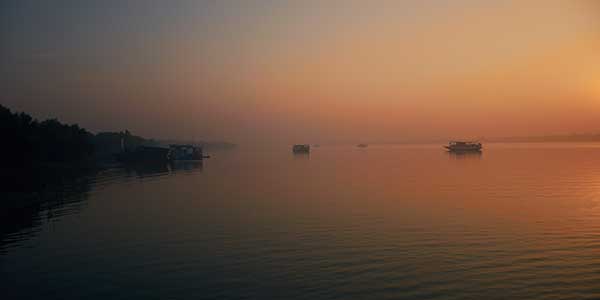
Water desalination technology in Sundarbans Delta, India
In the Sundarbans delta regions of West Bengal (India), there is acute drinking water scarcity owing to mismanagement of ground water coupled with the high salinity of river water.
A pilot intervention of solar-based water desalination technology is being undertaken to provide drinking water to a community of 4,000 people in this region, led by a consortium involving technology partners and NGOs, funded by grants from government and corporate sources.

Promoting equitable access to quality educational experiences
Children in Sub-Saharan Africa (SSA) face significant challenges of equity and access to quality education. This project is aimed at addressing these challenges through the development of an interdisciplinary network of academic and non-academic partners in the UK, Ghana and Malawi.

Inspiring children’s futures in the light of COVID-19
Inspiring Children’s Futures aims to support progress on SDG 16 by increasing available evidence to inform better policy and practices, and by identifying ways in which authorities can achieve change to strengthen global, national and local responses for children.
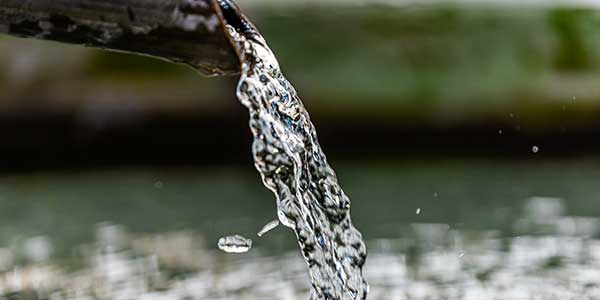
The Hygienic Family
A combined WASH and complimentary food hygiene intervention to reduce diarrheal disease in rural Malawi.
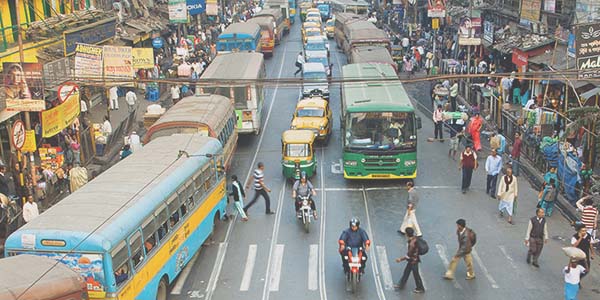
Cleaner air for Kolkata
The Cleaner Air for Kolkata project aimed to make an initial study of the main opportunities to improve air quality in Kolkata using an inter-disciplinary approach to assess the feasibility of tracking, tracing, and monitoring air quality using newly deployed satellite systems that offer higher resolution air pollution data.
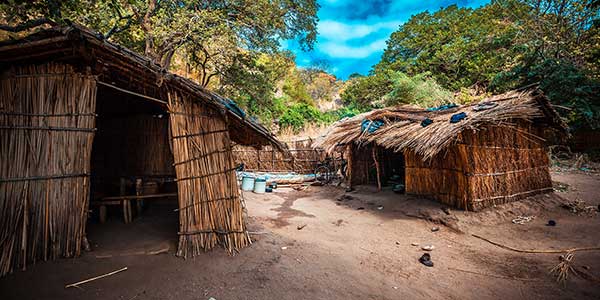
Exposure to air pollution in rural Malawi
The impact of cooking methods on women’s blood pressure and peak expiratory flow rate.
